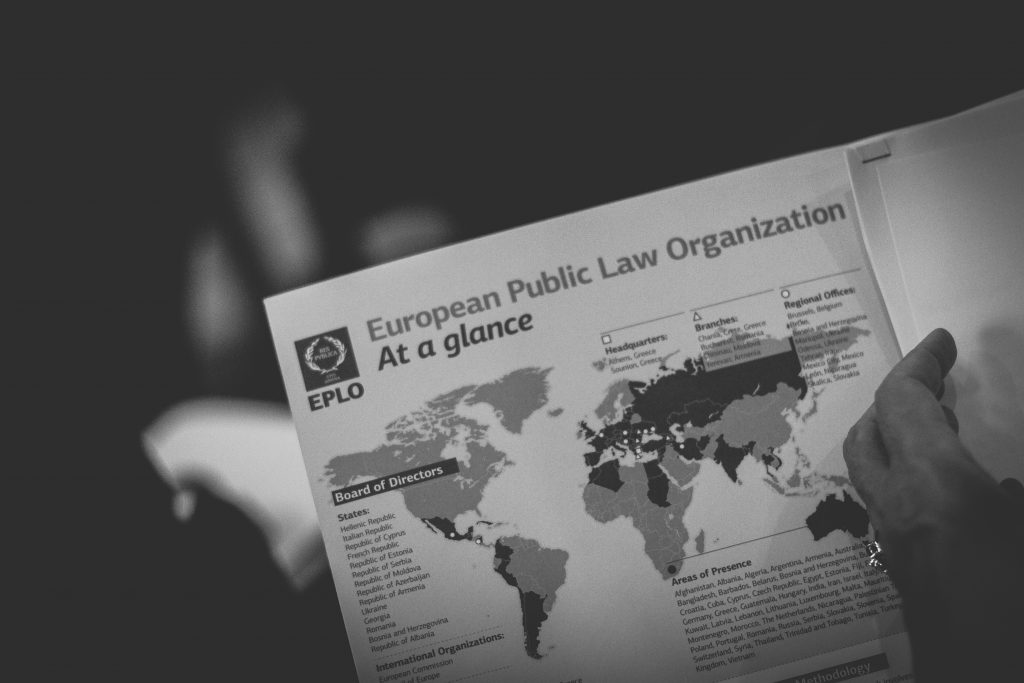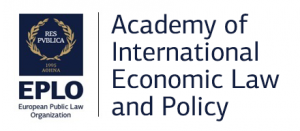About EPLO

The EPLO is an international organization dedicated to the creation and dissemination of knowledge in the area of Public Law, lato sensu, and Governance, and the promotion of European values for a better generation of lawyers and democratic institutions worldwide.
The EPLO was established in 2007 as an International Organization in Athens, Greece. The European Public Law Organization is indeed the continuation of the European Public Law Center (EPLC), which was established in 1995 under the law of the Hellenic Republic as a Greek non-profit institution of international character. In over 23 years of activity, it has developed, organized, promoted and supported more than 200 educational, research, training, institution building and other activities and has provided assistance to democratic institutions in more than 70 countries.
The Organization’s work involves four pillars of activity, namely, research, education & training, publications and technical cooperation/institution building, each perpetually contributing to the improvement of the other through an integrated approach.
The governing body of the EPLO is the Board of Directors comprised of 14 countries, 6 public authorities, and 76 universities/institutions worldwide. In order to accomplish its purposes, the EPLO promotes the cooperation with other institutions, organizations and bodies in particular within the United Nations system and has been granted the Observer Status at UN General National Assembly, the International Labor Organization (ILO), WIPO-World Intellectual Property Organization and the International Organization for Migration (IOM).
